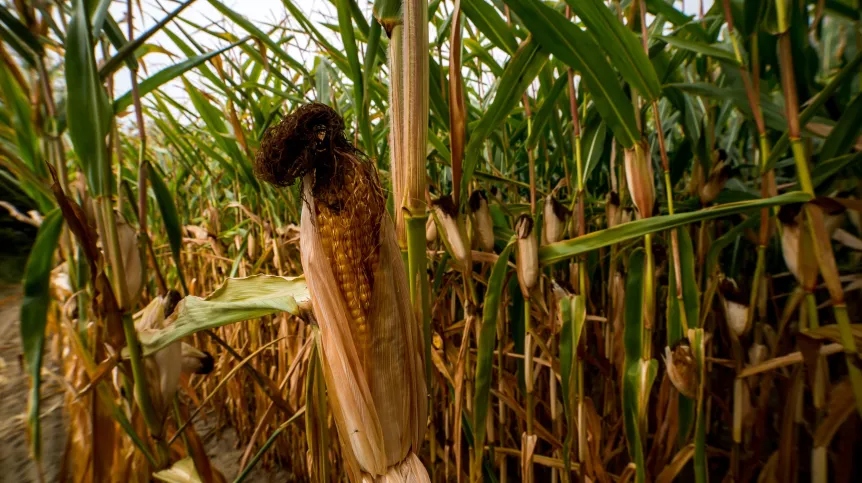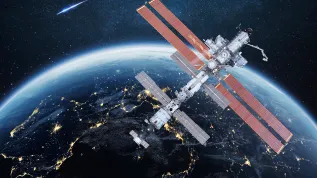
A robot that moves across fields and zaps plants with a laser so that they can grow properly with a significant reduction in chemicals, has been built at the University of Agriculture in Krakow.
The prototype robot from the university’s Hugo Green Solutions start up, detects the presence of pathogens and enables spot agrotechnical treatments, it can also provide nutrition to plants through their leaves.
The creators said that the technology, which was awarded at the 'Polish Product of the Future' competition, is ecological and crucial for reducing agriculture's negative impact on the environment.
University press spokeswoman Izabella Majewska said the innovation is based on two solutions: Hugo - Growth Stimulator and Hugo - Agricultural Robot.
She said: “The technology of post-germination plant irradiation is in the field testing phase, while pre-sowing seed irradiation has been submitted for patent protection and irradiation algorithms are being prepared.
“The robot is a prototype mobile platform that performs many tasks. It enables spot application of agrotechnical treatments related to precise plant irradiation, spraying, and foliar plant feeding, and it can be expanded with new functional modules.
“The laser stimulates plant growth, reducing or completely eliminating the need to use chemicals. The machine can dose light to any plant, in both field and greenhouse crops.”
The two-stage, integrated plant health diagnosis process is based on the analysis of images obtained from spectral sensors installed on the robot's mobile platform.
This allows it to detect the signs of plant damage by pathogens.
Biostimulation is based on supporting the plant through irradiation with laser diodes.
PAP - Science in Poland
kol/ zan/ kap/
tr. RL













